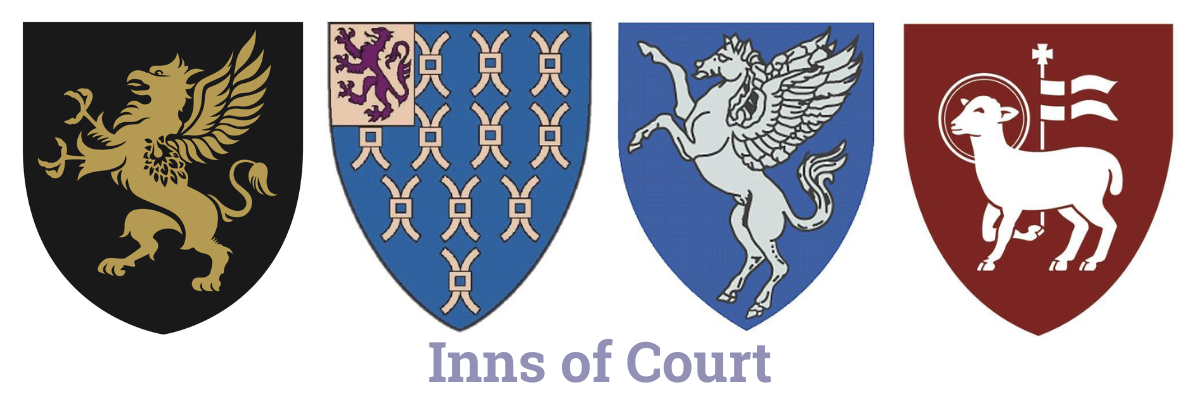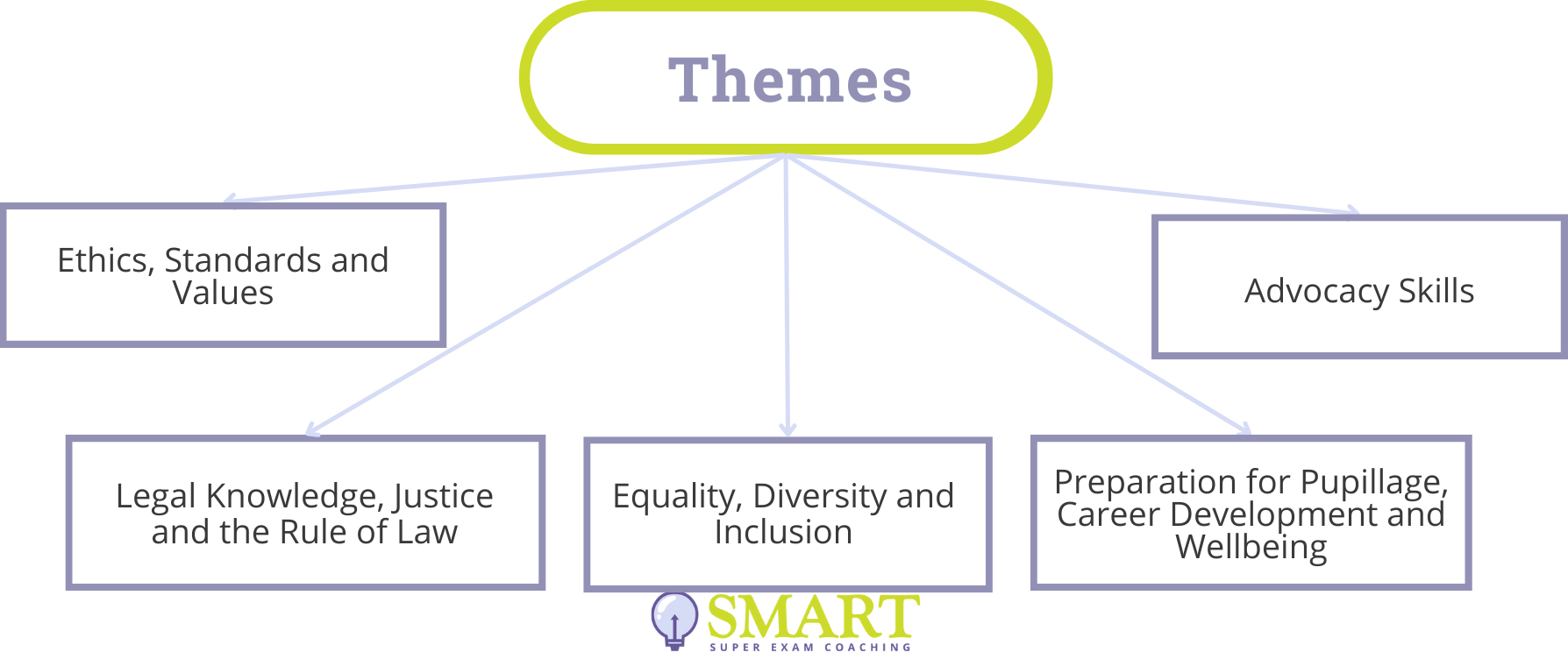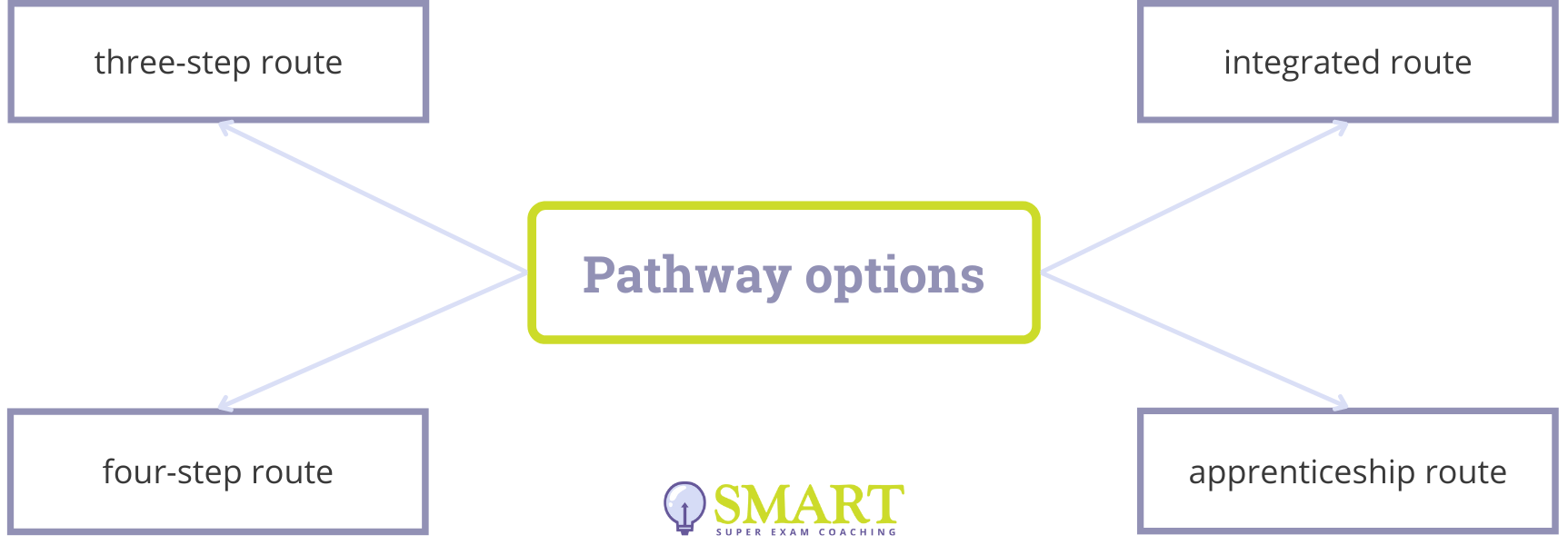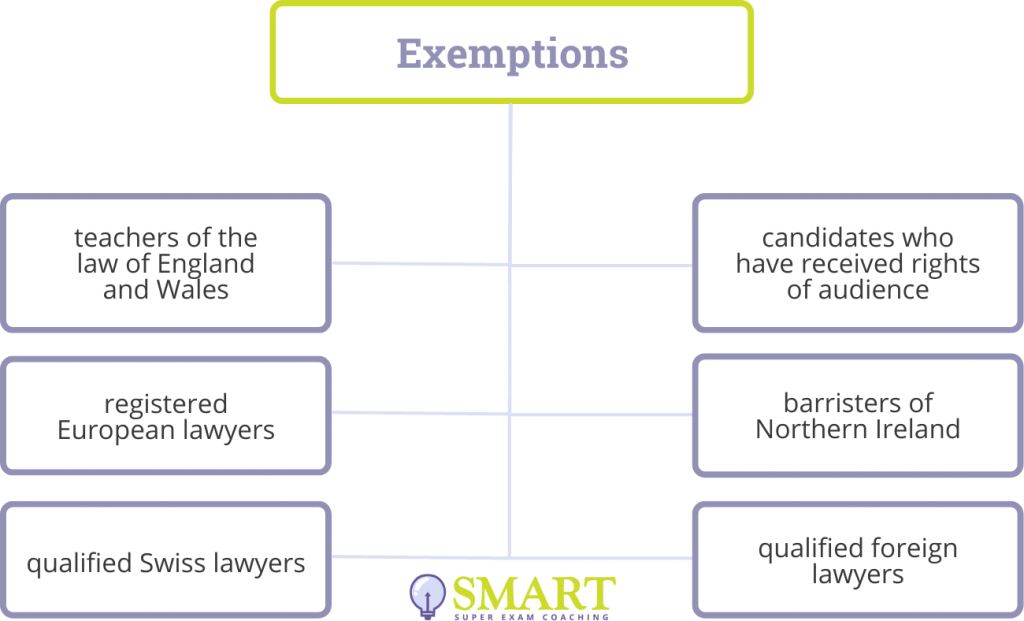In recent years, both the Solicitors Regulation Authority (SRA) and the Bar Standards Board (BSB) have implemented sweeping reforms in the qualification process for solicitors and barristers, respectively. The purpose of these reforms is to make the legal profession more accessible, flexible and affordable to prospective candidates.
While the SRA chose to focus on standardising the assessment element by introducing the Solicitors Qualifying Examination (SQE) as a single route to qualification (as a solicitor), the BSB instead chose to take the opposite route and diversify the vocational element of qualification (as a barrister).
What is Bar Professional Training Course (BPTC)?
Prior to the implementation of the newly reformed process in September 2020, the Bar Professional Training Course (BPTC) was the standardised vocational course which had to be completed in order to qualify as a barrister. Now, the BPTC course has been replaced by a variety of Bar Training Courses with different names, content, and prices. Each Bar course UK provider and course offering must be approved and endorsed by the BSB (unlike the solicitor path, in which the SRA does not regulate the delivery of training courses, only the exam itself).
How to qualify as a barrister
The process to complete Bar training and earn a call to the Bar can be lengthy and arduous. Each of the stages described below can take a number of years to complete, with no guarantee of a position in the next stage in a highly competitive field. This can be a hugely challenging and rewarding career, but not one to be pursued lightly, as only the strongest performers will ultimately succeed.
The overall process to qualify as a barrister is as follows:

Stage 1: Academic component
This first step in the journey to becoming a barrister focuses on learning about the law itself.
To progress to the next stages, you need to receive at least a 2:2 (many Bar courses will require a 2:1) in a qualifying law degree or a non-law degree followed by a law conversion course such as the Graduate Diploma in Law (GDL).
Stage 2: Vocational component
In this stage, candidates must complete a postgraduate Bar course (formerly the BPTC) and earn a postgraduate diploma. The Bar course gives candidates the opportunity to learn the core skills of a barrister, such as advocacy.
As part of the entry requirements, candidates must join an Inn of Court by 31 May in the year they wish to start the Bar course. There are four Inns of Court to apply to – Gray’s Inn, Lincoln’s Inn, Inner Temple and Middle Temple.

Fluency in English is also a requirement for admission to Bar courses.
Note: Since 31 July 2022, it is no longer a requirement to take the Bar Course Aptitude Test (BCAT) for admission into one of the barrister courses.
Please see below for further information about Bar training courses.
Stage 3: Work-based learning component/pupillage
This stage involves learning “on the job”, by shadowing a practising barrister and then working on some real-life cases in a junior capacity.
Securing a pupillage can be difficult as there are fewer places available then there are candidates who complete the bar course in each academic year. Competition is therefore fierce in this stage, and candidates need to have a strong academic background and CV to secure a pupillage.
The BSB is continually introducing changes to the pupillage component of Bar training – for example, it has introduced a centralised BSB Professional Ethics exam from 2022 onwards, with assessments taking place in January, April and July of each year. A mandatory Negotiation Skills barrister course is also planned.
Candidates must complete 10 “qualifying sessions” during their period of pupillage before they can be called to the Bar. These could consist of e.g. networking events, lectures or training sessions. At least one of the 10 qualifying sessions must cover each of the following themes as determined by the BSB, and at least two must be interactive and require preparation in advance:
- Ethics, Standards and Values
- Advocacy Skills
- Legal Knowledge, Justice and the Rule of Law
- Equality, Diversity and Inclusion
- Preparation for Pupillage, Career Development and Wellbeing

Although these stages are defined separately with distinct learning outcomes, the BSB has incorporated some level of flexibility in the pathway to qualification by combining some or all of the stages together. The pathway options currently available to aspiring barristers are as follows:
- Three-step route: academic → Bar course → pupillage
- Four-step route: academic → Bar course in two parts → pupillage
- Integrated route: academic/Bar course combined → pupillage
- Apprenticeship route: academic/Bar course/pupillage combined

Bar Training Course core subjects
While the SRA now only regulates the SQE itself and not the training providers, any training providers offering Bar courses must be approved by the BSB as an Authorised Education and Training Organisation (AETO). The Bar course structure and content can vary between AETOs, but most are largely in line with the former BPTC structure. Each bar course must cover, and in most cases assess through direct administration of the respective bar exams, the following subject areas:
- Civil Litigation (centrally assessed through BSB civil litigation exam)
- Criminal Litigation, Evidence and Sentencing (centralled assessed through BSB criminal litigation exam)
- The centralised civil and criminal litigation BSB exams usually take place in April, August and December of each year
- Advocacy (assessed by course provider)
- Professional Ethics (assessed by course provider)
- Opinion Writing (assessed by course provider)
- Legal Research (assessed by course provider)
- Drafting (assessed by course provider)
- Conference Skills (assessed by course provider)

Bar Training Course providers (AETOs)
As Bar course UK providers must be approved and endorsed by the BSB, there are not as many providers on the market as for the SQE (for the solicitor qualification process, the SRA does not regulate training providers, only the exam itself).
Please find below a list of the barrister training course UK providers currently approved by the BSB to offer the vocational component of Bar training (most of these were also approved BPTC providers). Many of these law schools offer full-time or part-time options, PGDip or LLM degrees, and classroom-based teaching as well as distance learning facilities.
- Nottingham Trent University (Nottingham Law School) – Barristers Training Course (BTC)
- Cost: £14,900
- PGDip duration: 9 months full-time
- This is one of the most affordable and comprehensive Bar training courses, with instruction delivered by experienced lawyers in small group sessions. Nottingham Law School also offers career advisory services and professional development programmes to support aspiring and qualified barristers along their career path.
- BPP University Law School – Barrister Training Course (BTC)
- Cost: £14,121-£16,316 (domestic students)/£15,121-£17,651 (international students)
- PGDip duration: 9 months full-time, 24 months part-time
- BPP has sites across the UK in Birmingham, Bristol, Leeds, London and Manchester. Prices and course offerings can vary across locations.
- City University London – Bar Vocational Studies (BVC)
- The Inns of Court College of Advocacy – ICCA Bar Course
- Northumbria University – Bar Course Postgraduate Diploma
- The University of Law – Bar Practice Course (BPC)
- Cardiff University – Bar Training Course
- The University of the West of England – Bar Training Course
- Manchester Metropolitan University – Bar Training Course
- University of Hertfordshire – LLM Bar Practice/PgDip Bar Practice
Further details of all Bar vocational course providers and offerings can be found on each of the provider websites.
Bar training exemptions
It is possible for some candidates to receive exemptions from some or all of the training components required for admission to the Bar in England and Wales. All exemptions are subject to BSB approval, and the BSB may in some cases require the candidate to complete some elements of the training process or to take additional steps such as a Bar Transfer Test. Some of the conditions to qualify for a (full or partial) exemption are as follows:
- Candidates who have received rights of audience by an approved regulator and are entitled to exercise those rights in the higher courts of England and Wales
- Barristers of Northern Ireland who have completed pupillage in Northern Ireland
- Qualified Swiss lawyers
- Registered European lawyers who have pursued legal professional activities under a Home Professional Title in England and Wales for at least three years
- Qualified foreign lawyers who have exercised full rights of audience for at least three years in courts where the law is administered in a substantially similar way as that of England and Wales
- Teachers of the law of England and Wales

Any such candidates seeking exemptions from one or all of the academic, vocational or work-based learning components of Bar training must submit an application directly to the BSB for consideration.
Applications must be supported by evidence of academic and professional qualifications, any applicable rights of audience held, as well as evidence of good character and repute, such as a Certificate of Good Standing.
Further details about exemption conditions and the application process, as well as the Bar admission process itself, can be found in the Bar Qualification Manual on the BSB website.